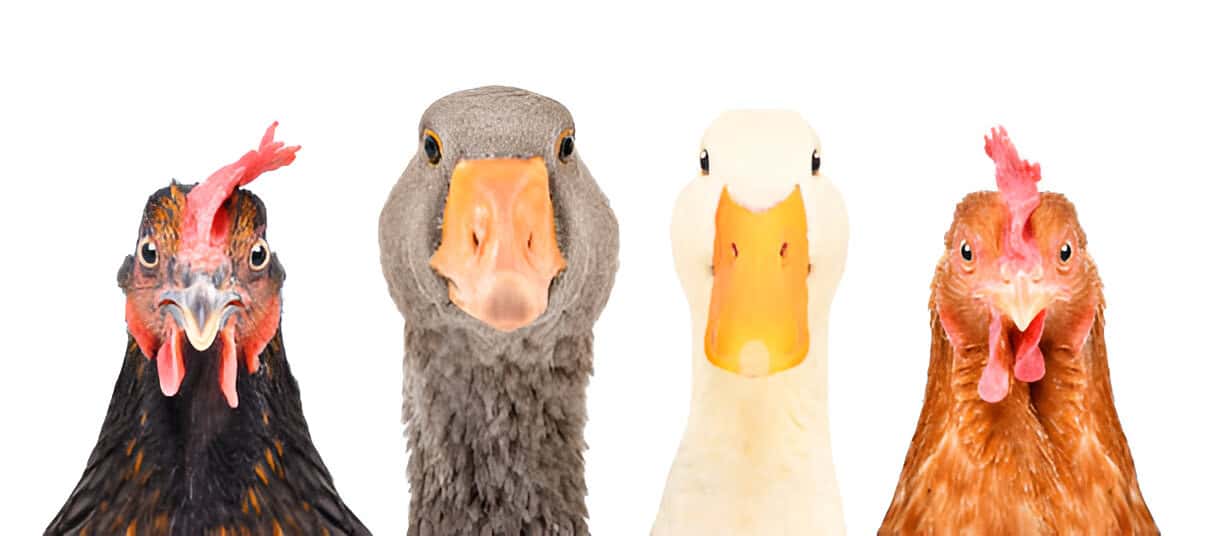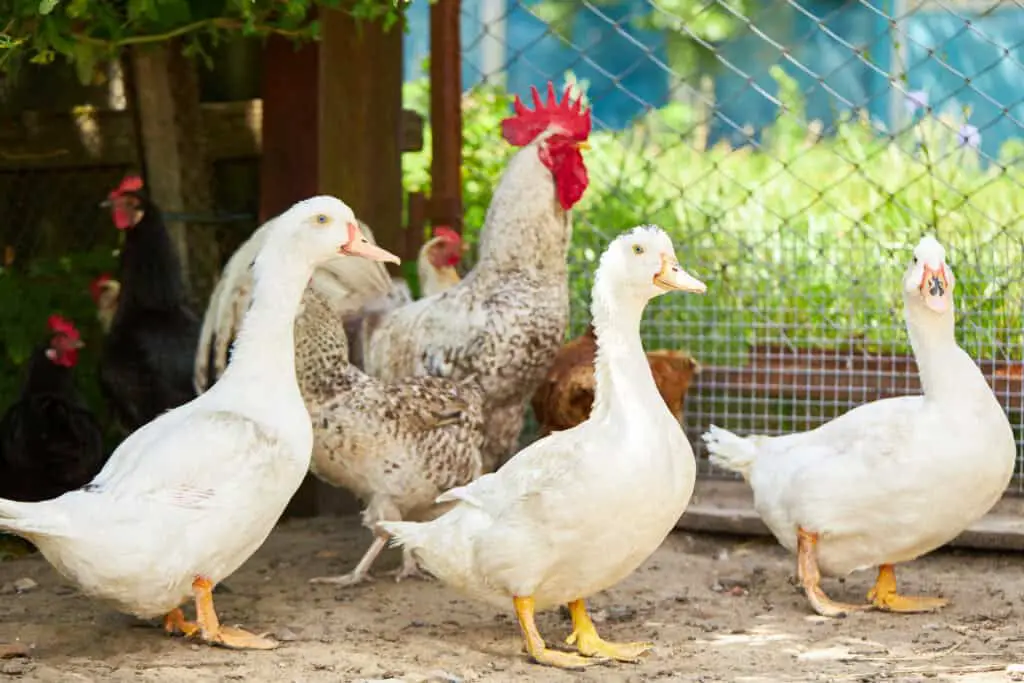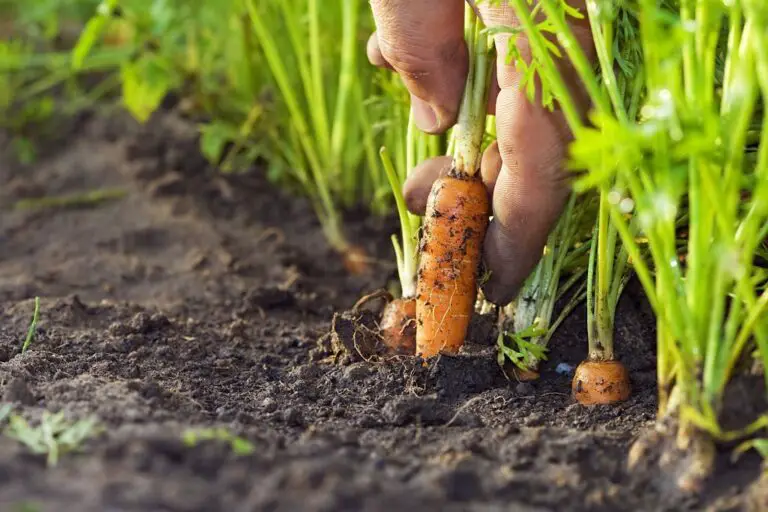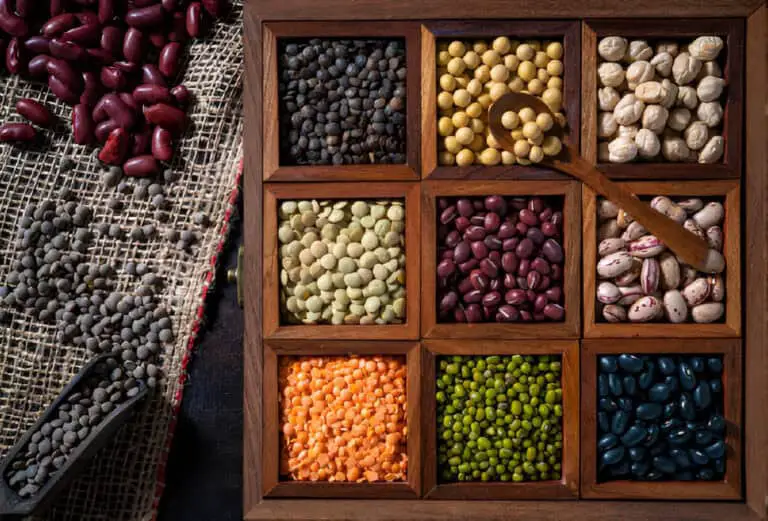What Happens When Male Ducks and Roosters Share a Coop?

When I first considered housing my male ducks and roosters in the same coop, I figured they’d learn to get along like distant cousins at a family reunion—maybe a few awkward stares, but mostly peaceful coexistence. It didn’t take long for me to realize that things in the coop get complicated fast. One minute everything was calm, and the next, I was breaking up a standoff between a drake with attitude and a rooster with something to prove.
So, what actually happens when these two very different birds share a space? Do drakes and roosters fight over hens? Do they even recognize each other as competition? If you’ve ever thought about combining flocks or already have—and now you’re second-guessing it—this one’s for you.
In this post, I’ll walk you through the pros, cons, and everything I’ve learned about rooster-drake dynamics, so you can make confident decisions and keep your flock safe and stress-free.
The Pecking Order – More Complicated Than You Think
When it comes to farm animals, one of the most crucial aspects of their social behavior is the pecking order. This is the hierarchy in which each animal knows where it stands in relation to others. Now, ducks and roosters have different social structures. Roosters, as the natural leaders of a flock of hens, tend to be quite territorial and dominant. Male ducks, on the other hand, are more laid-back. But even with these differences, both species have an instinctual drive to establish dominance.
When male ducks and roosters share a space, things can get tense. A rooster might initially try to establish control, and if the ducks are too assertive, they could clash. Roosters are equipped with sharp spurs on their legs, which they use to fight, while ducks have their beaks and larger bodies to defend themselves.
The space may turn into a battle for control, and while they won’t necessarily try to harm each other, it can lead to a lot of squawking, ruffled feathers, and stress for both parties.
Understanding Territoriality—Space is Key

The first lesson learned when mixing male ducks and roosters in the same space is that space is essential. Both animals need room to roam and establish their area. If the coop is cramped, they will feel more threatened by each other. You might see the rooster trying to keep the ducks away from the food or water source, while the ducks, being naturally curious, may get in the way.
When you raise both ducks and roosters in the same space, things can get tense. Roosters are naturally more territorial than ducks. They often guard their hens aggressively and may challenge anything—or anyone—they see as a threat. Ducks are more social and less territorial, but they can be defensive over food or nesting space.
Common Triggers for Conflict:
- Overcrowding in the coop
- Lack of food or water access
- Mating competition during breeding season
- Sudden changes in flock structure
Here’s a quick comparison:
| Behavior | Rooster | Duck |
| Territorial aggression | High | Low to moderate |
| Defends flock | Yes | Occasionally |
| Conflict triggers | Mates, space, threats | Nesting, food access |
To reduce tension in a mixed coop, give each species enough space, provide separate feeding areas, and monitor mating behavior. Separation during breeding season can also help maintain peace.
Behavior Differences—The Rooster’s Dominance and the Duck’s Mellow Nature
While roosters are all about protecting their flock, male ducks are more interested in the fun of the group dynamic. Ducks are less aggressive and don’t have the same territorial instincts that a rooster does. This makes them much more flexible in social situations. Roosters, however, will often get more involved with their hens, guarding them aggressively and even displaying mating behavior.
If you’re considering mixing ducks and roosters, be prepared for these behaviors. Roosters might see the ducks as competition for attention from the hens, while the ducks will more likely be interested in their surroundings and food. The imbalance of energy could lead to some minor scuffles.
What Happens During Mating Season?
If you’ve ever experienced the wild behavior of a rooster during mating season, you know things can get a little heated. When mating season hits, roosters tend to become more possessive and even more aggressive. This phase is when the real test comes for your flock. If your ducks are in the same coop, expect the rooster to show more territorial behavior. The problem arises if your male ducks aren’t familiar with the rooster’s need to control the hens or if they’ve bonded with the same hens.
During mating season, male ducks also become more vocal and competitive. If they sense any threat to their “territory” (even if it’s the rooster’s domain), they might challenge the rooster. This could escalate into a battle for dominance. The worst-case scenario could involve physical injury to either the duck or the rooster. It’s important to monitor them during this time to prevent serious altercations.
Tips for a Harmonious Coop
To make sure your male ducks and roosters can live together harmoniously, there are a few things you can do:
- Provide ample space: This gives both species room to establish their territory without crossing boundaries.
- Introduce them slowly: Don’t just throw them in the same space and hope for the best. Let them get used to each other by introducing them gradually.
- Multiple feeding and watering stations: Avoid competition by having enough resources for both species.
- Monitor during mating season: If you’ve got ducks and roosters in a shared coop, be especially vigilant during mating season. Watch for aggressive behavior, and don’t hesitate to separate them if needed.
Do Ducks Need Another Duck?
Ducks are social creatures by nature, and keeping them in groups helps ensure their well-being. While you technically can keep just one duck, it’s not ideal. Ducks are happy and healthy when they can communicate, interact, and engage with other ducks.
A lone duck may become stressed, lonely, and even depressed, which can lead to health issues. It’s strongly recommended to have at least one other duck to provide companionship. Ideally, having three or four ducks is the best arrangement, as it allows them to form a small flock.
When ducks have companions, they benefit from their social interactions. They groom each other, share food, and even help each other in times of distress. In this environment, ducks are less likely to become anxious or exhibit behaviors that could harm their well-being. Ultimately, having a group of ducks ensures they lead a fulfilling and content life.
Final Thoughts: Can They Coexist?
So, can male ducks and roosters live together in the same coop? The short answer is yes, but it requires careful management. As with any flock dynamics, understanding animal behavior, providing adequate space, and keeping an eye out for potential problems will ensure both your ducks and roosters can thrive together.
Remember, while it might take some time for both species to get used to each other, with the right setup, a peaceful coexistence is entirely possible. Just be sure to monitor their interactions and adjust their environment accordingly. With the right approach, you can enjoy a happy, harmonious flock of both male ducks and roosters.






